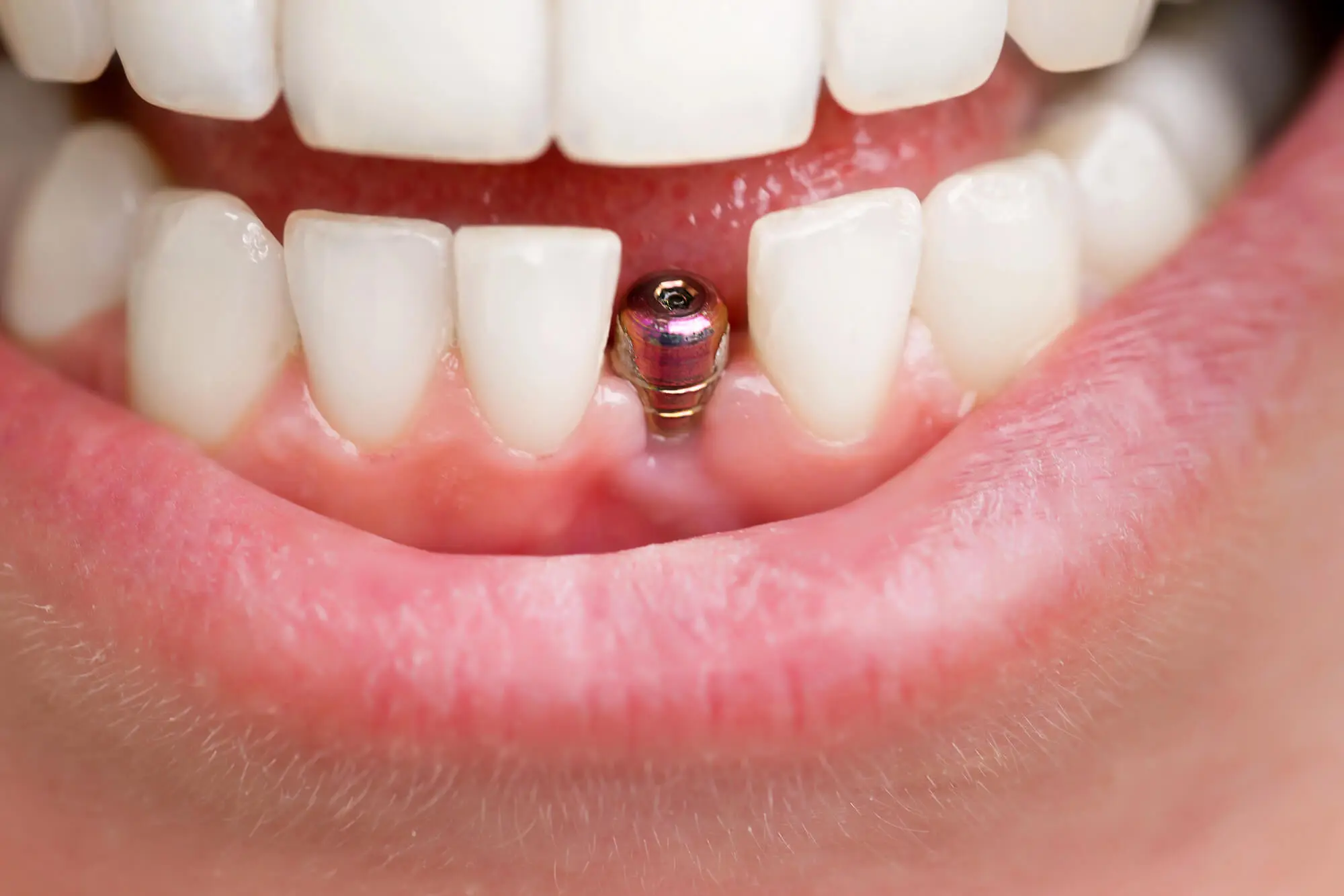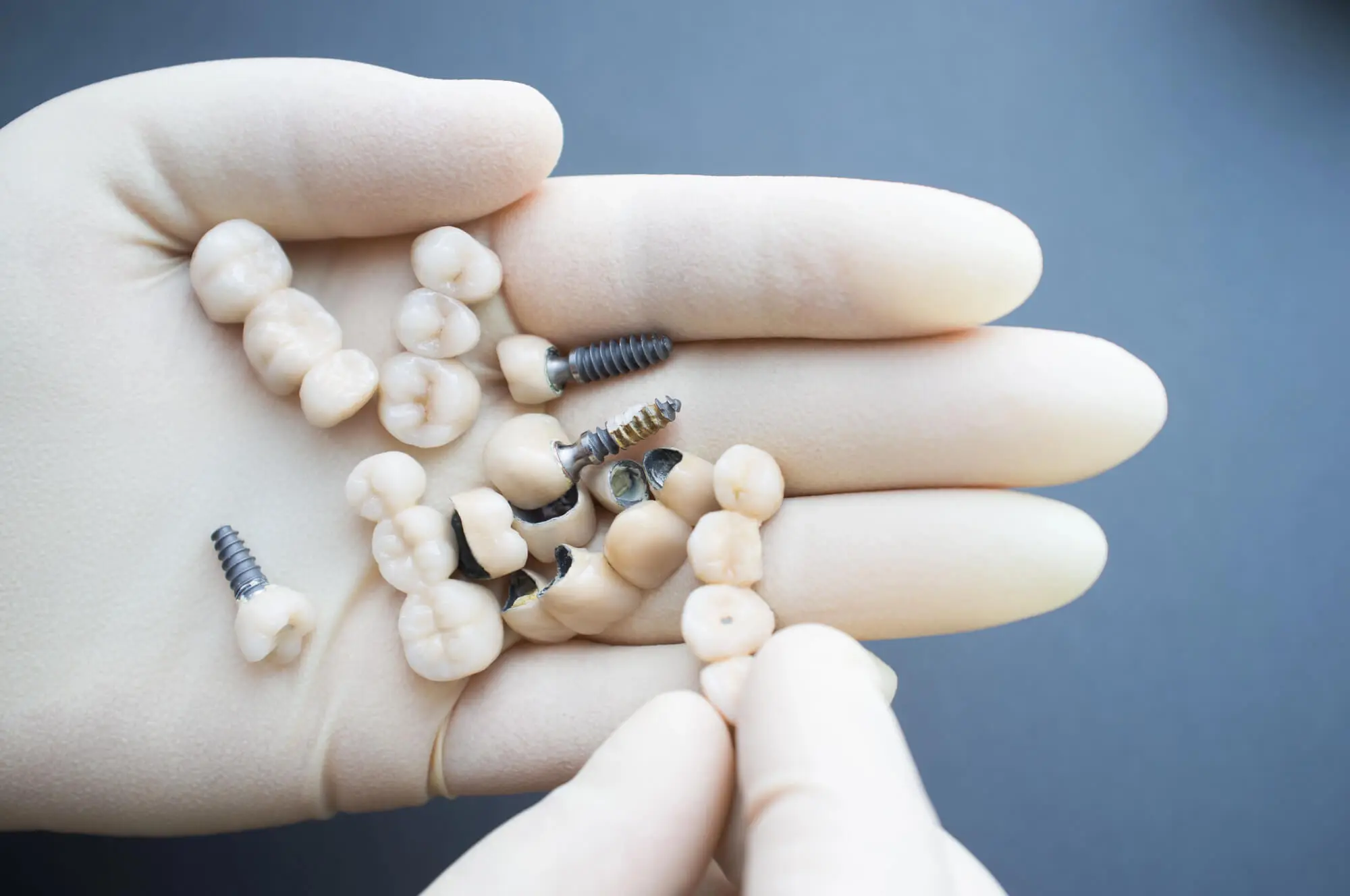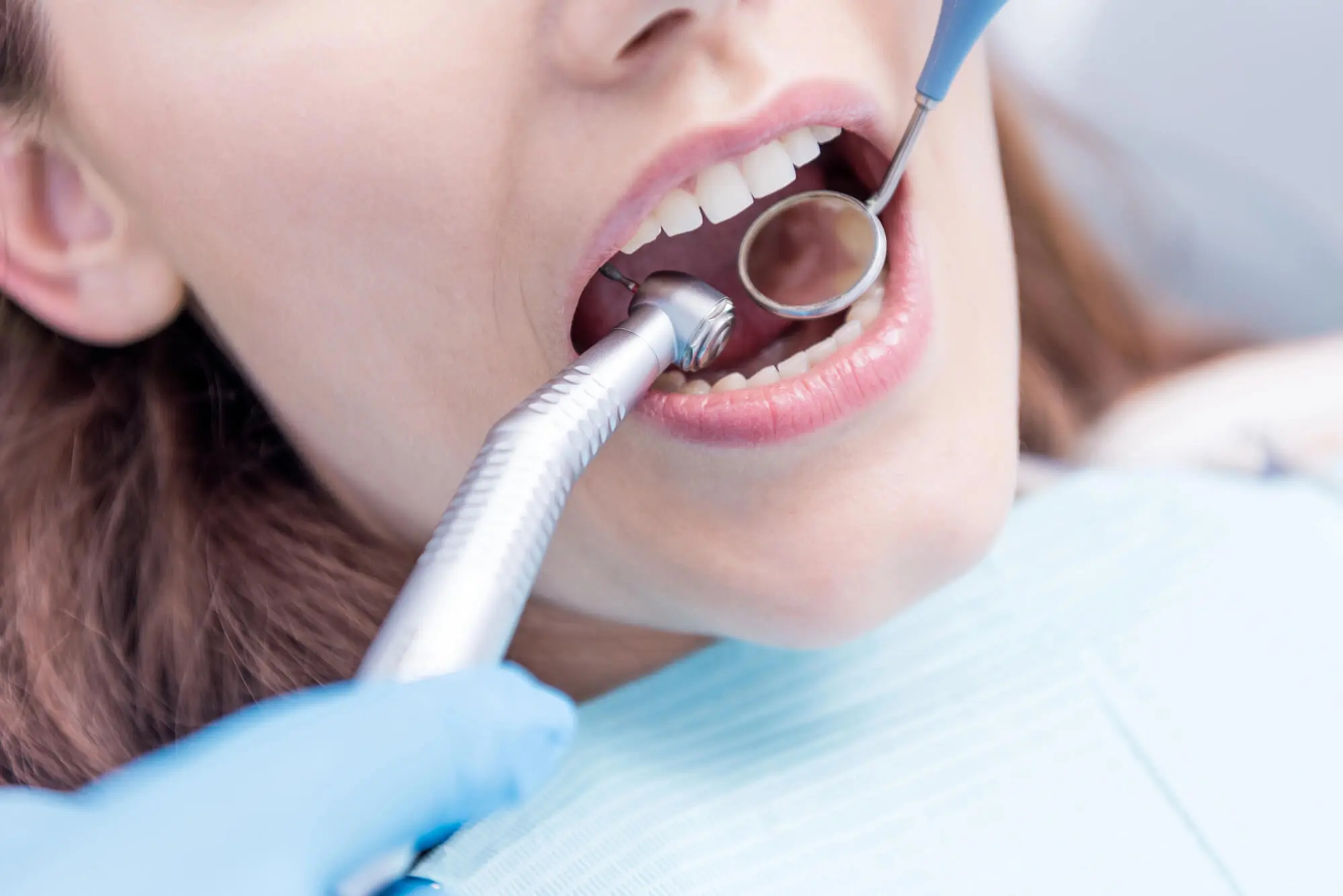
September 15, 2025
Dental crowns in Central Alabama are crucial treatments when a tooth experiences severe decay or needs a natural-looking restoration on top of an implant. They help restore the tooth's structure and offer a comfortable, customized prosthetic that allows you to eat, speak, and smile confidently.
Moreover, crowns are highly durable, lasting up to 20 years with proper care. Understanding optimal crown maintenance habits is key to achieving that longevity—especially when a crown rests on top of an implant.

The Importance of Preventive Care in Crown Maintenance
Crowns are durable but not indestructible. They can crack, chip, or loosen, especially under stress. Preventive habits help avoid these issues and allow dentists to detect and address minor problems before they become serious. Catching wear and tear early may allow for repairs instead of full replacements.
Moreover, preventive care isn’t only about maintaining the structure of your dental crown. It’s also about protecting both the crown itself and the supporting structures. This includes the natural tooth underneath, the surrounding gums and bone, and your natural jawbone.
By following best care practices, you can ensure long-term functionality and avoid costly complications.
1. Maintain Excellent Oral Hygiene
Just because a crown is artificial doesn’t mean you can neglect hygiene. While crowns don't get cavities like natural teeth, bacteria can still accumulate around the base, affecting the surrounding gum tissue and underlying tooth.
Even if it’s a crown on top of a dental implant, plaque accumulation can cause peri-implantitis. This dangerous condition causes bone loss and may impact the stability of your implant.
To avoid this issue, we recommend brushing your teeth twice daily using a soft-bristle toothbrush and fluoride toothpaste. Floss at least once a day, especially around the crown, and consider adding an antimicrobial mouthwash to your routine.
2. Watch What You Eat
Your dietary habits play a big role in your oral health.
While crowns are made of strong materials like porcelain, zirconia, or metal alloys, they're not indestructible. Biting hard objects like nuts, unpopped popcorn, ice, and hard chips can chip your crown or damage the bonding that keeps it in place.
Also, limit sticky foods like caramel and chewing gum, which can dislodge or stress the crown. A balanced diet rich in vitamins and minerals supports the crown and natural oral structures.
3. Address Teeth Grinding
Bruxism is the involuntary grinding, clenching, or gnashing of teeth. It can occur during the day (awake bruxism) or at night (sleep bruxism). Over time, this pressure can wear down your crown, leading to premature damage.
It can be difficult to identify grinding that happens at night. Look out for some common symptoms to determine if you might have sleep bruxism:
- Flattened, fractured, chipped, or loose teeth
- Tooth sensitivity or pain due to enamel wear
- Indentations on the tongue or inside of the cheeks
- Jaw soreness, tightness, or fatigue (especially after waking)
- Dull headaches, especially around the temples
- Grinding sounds at night (often noticed by a partner)
- Interrupted or poor-quality sleep
If you experience any of these symptoms, it's important to take action. Grinding doesn't just harm the crown—it can also affect your jaw, cause headaches, and damage surrounding teeth. Consult your dentist about wearing a custom night guard to protect your crown and natural teeth.

4. Schedule Regular Dental Visits
Everyone should have regular dental exams every six months, but people with crowns especially need them. Your dentist will examine the crown's integrity, ensure it still fits correctly, and check for signs of decay or gum irritation near the base.
They'll also perform professional cleanings to remove tartar and plaque you might miss at home. Early detection of problems can prevent crown failure and more expensive repairs later, so schedule your checkup if you're due.
5. Avoid Tobacco Products
Tobacco use, including smoking, increases your risk of gum disease, discolors the area around your crown's edges, and slows healing after dental work.
Smoking can also weaken the bond between your crown and your tooth (or implant), increasing the risk of failure. Quitting is challenging, but with proper support and help from a healthcare provider, you can break this harmful habit and protect your oral and overall health.
Special Tips for Crowns on Dental Implants
Maintaining a crown supported by a dental implant requires similar care with some additional considerations. Personalized tips for implant wearers include:
- Use Implant-Safe Tools: Invest in a soft electric toothbrush and implant-friendly floss or water flossers designed to clean around abutments and implant crowns.
- Clean the Gum Line Thoroughly: Although the implant won't get cavities, bacteria can gather at the gum line, leading to inflammation or bone loss. Clean the area where the crown meets the gum carefully every day.
- Watch for Warning Signs: Be aware of symptoms that could indicate a problem with your implant-supported crown, such as redness or swelling near the implant, bleeding while brushing or flossing, or a loose or wobbly crown. If you experience any of these, contact your dentist immediately.
- Schedule Regular Implant Checkups: Dental implants should be monitored annually with X-rays to ensure the implant post is stable in the bone.

Understand How to Maintain Your Dental Crowns in Central Alabama
A dental crown is a significant investment in your smile and oral health. Whether you've had a crown for years or just recently got one, proper care is essential to maintain its longevity and your overall oral health.
By practicing good oral hygiene, avoiding harmful habits, and making regular appointments at Willis Dental Care, you can preserve the health of your crown and surrounding structures for many years. If you have questions about any of these care tips, contact us today to get personalized care instructions based on your crown's material and placement!



